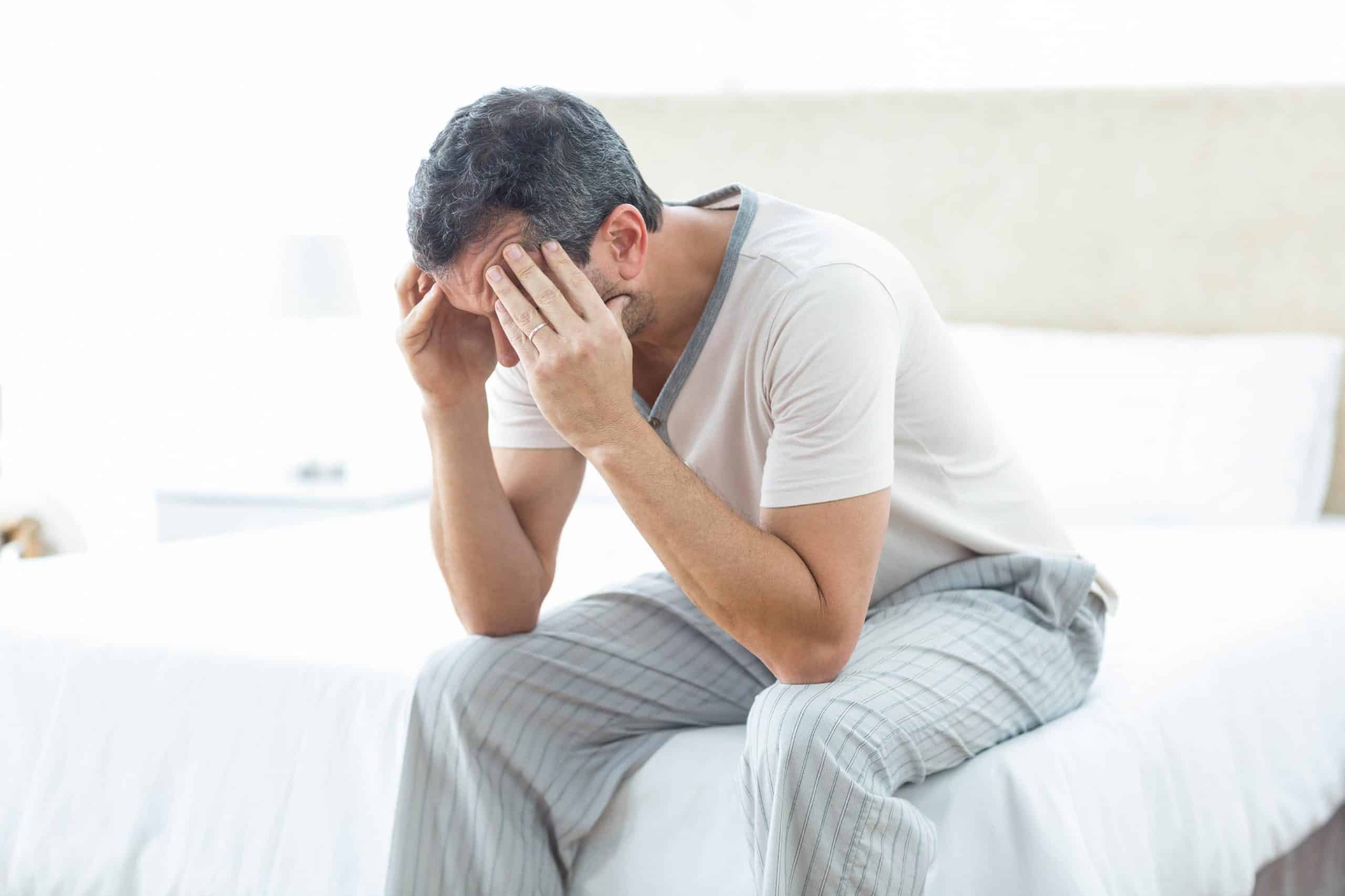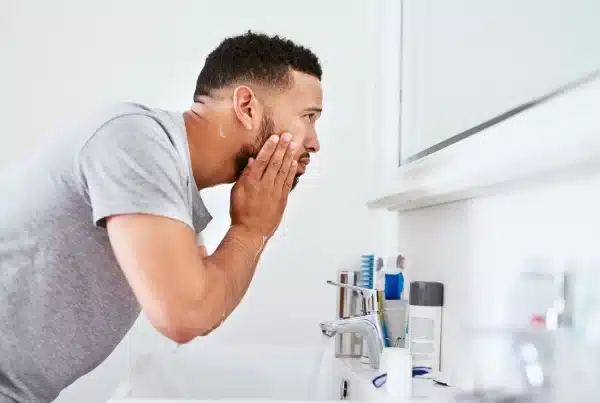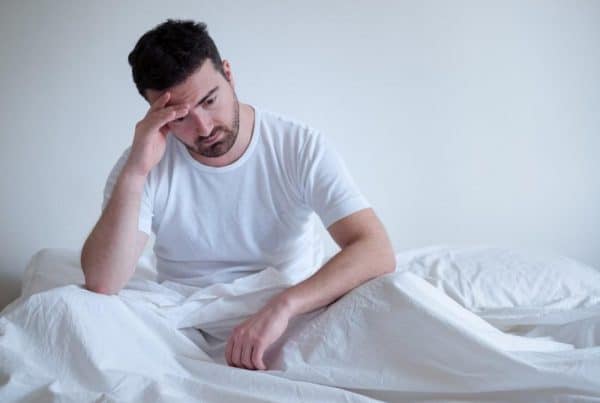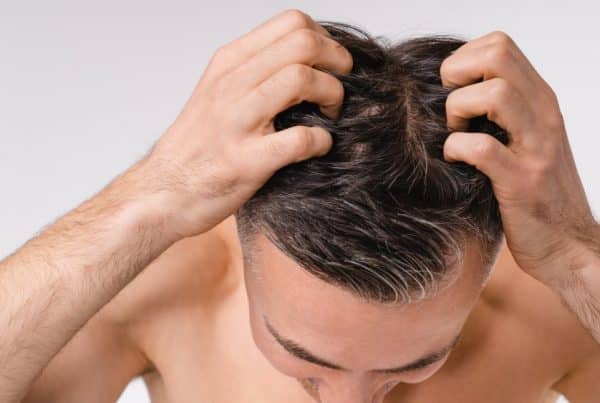What is erectile dysfunction?
Erectile dysfunction (ED) refers to a men’s health issue where men have difficulty getting and keeping an erection. This is also called impotence. Erectile dysfunction can significantly impact one’s sex life is treatment is avoided. This issue can be a sign of a physical or psychological condition, perhaps caused by stress, relationship strain, or low-self confidence. Trouble getting or keeping an erection happens from time to time and is not necessarily a cause for concern, however, if erectile dysfunction is an ongoing issue, reach out to your doctor today.
What causes erectile dysfunction?
Male sexual arousal is a complex process that involves the brain, hormones, emotions, nerves, muscles, and blood vessels. Any one or multiple of these can contribute to erectile dysfunction. Generally, a combination physical and mental health can cause and worsen symptoms.
Physical causes:
- diabetes
- obesity
- heart disease
- high blood pressure
- low testosterone
- prostate cancer
Psychological causes:
- anxiety
- stress
- depression
- relationship problems
How to diagnose erectile dysfunction?
When seeing a doctor, often times all that is needed is a physical exam and questions about your medical history. Although, if the doctor suspects an underlying health condition, you may need further tests or to consult a specialist. These tests may include:
- a physical exam
- blood tests
- urine tests
- ultrasound
- psychological exam
From these tests, the doctor can them determine the cause and the right type of treatment for you.
How to treat erectile dysfunction?
When first meeting with your doctor, they will first eliminate or treat any physical conditions. Treatment will vary depending on what is discovered as the root of the cause. Most popular treatment includes oral medication, like Viagra, Adcirca, Cialis, Levitra, Staxyn, or Stendra. All of these medications relax the muscles in the penis, which allows an increased blood flow. Testosterone Replacement Therapy is used to increase low levels of testosterone. Exercise and psychological help are also important and helpful places to start. Other treatments include surgery, a penis pump, injections, or suppositories.







